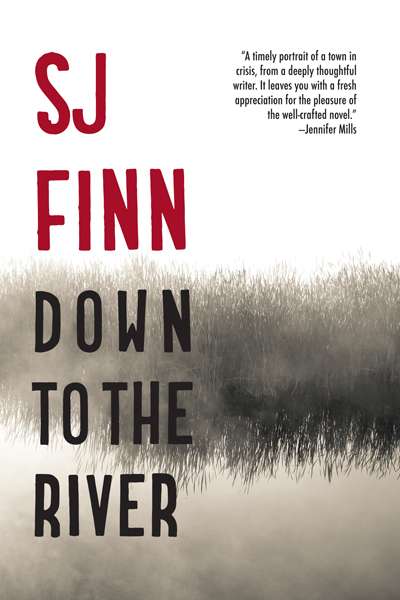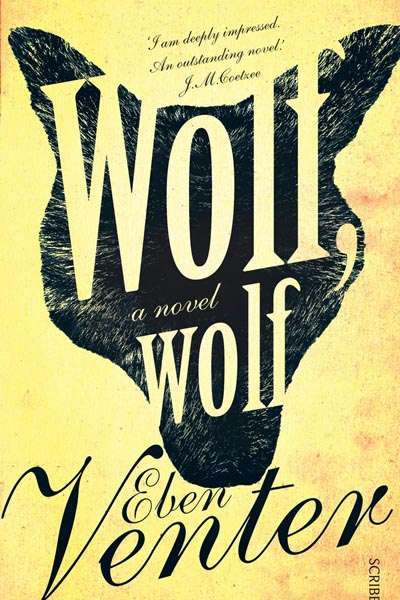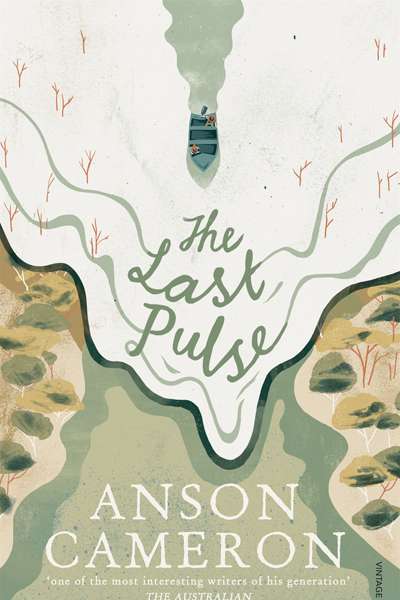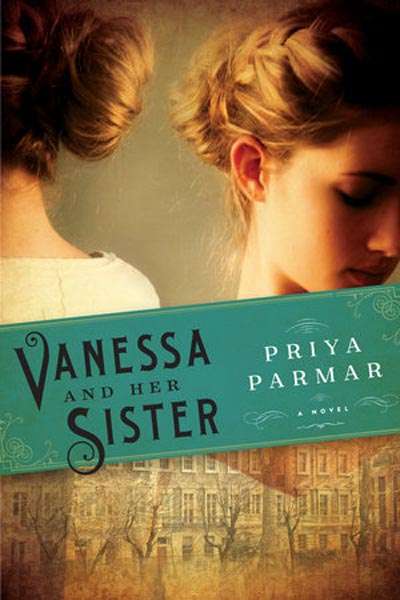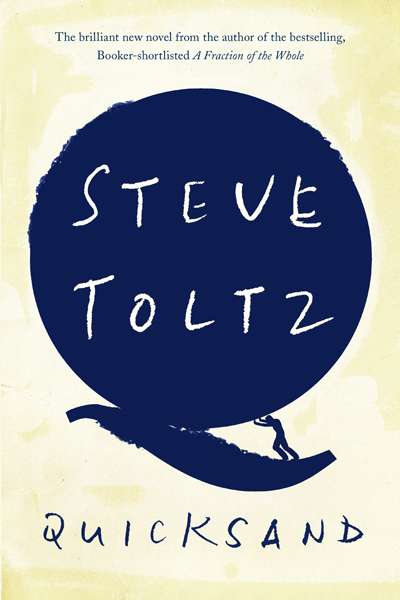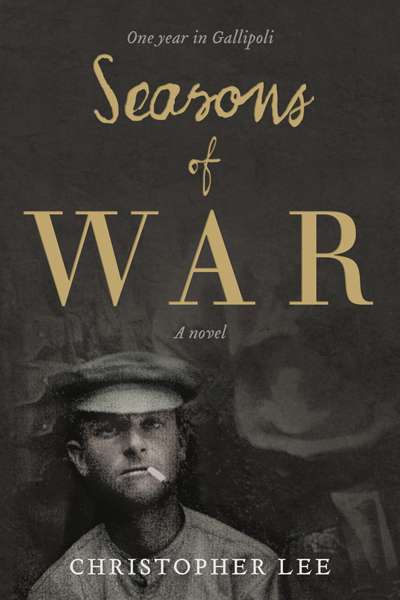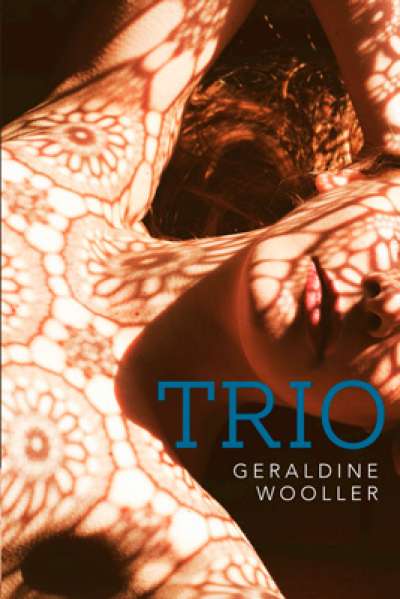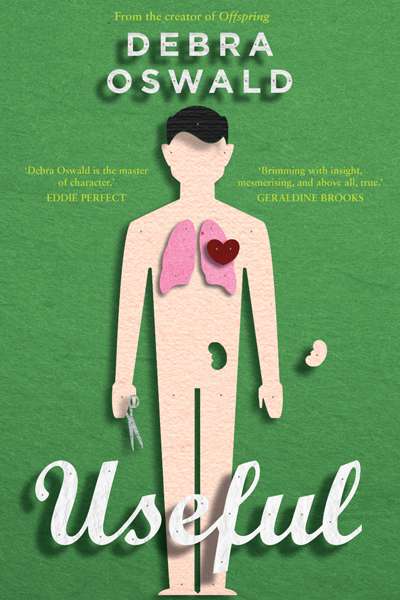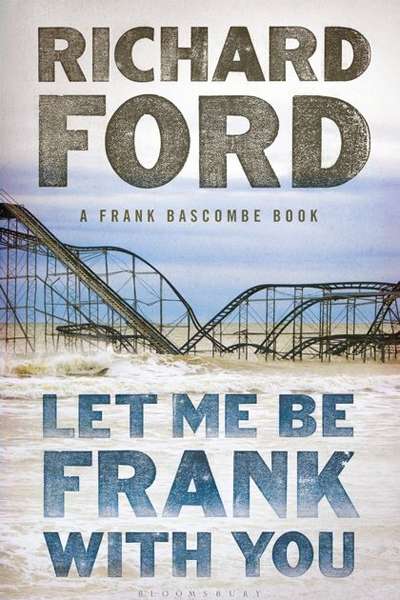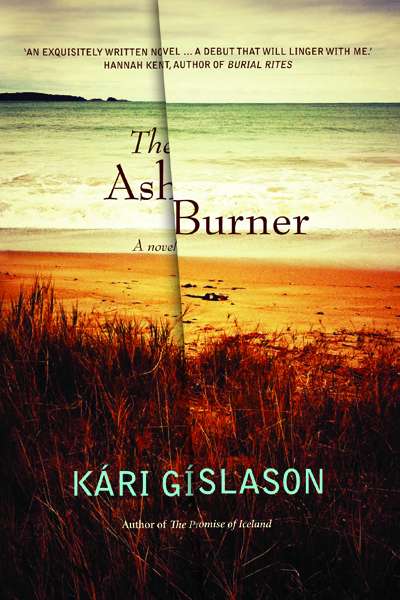Fiction
If it were up to Roy Ellis, the town-proud editor-in-chief of Dungower’s only newspaper, ‘paedophilia would be systematically bred out of humans’. That just about sums up the attitudes of his readers, who are disgusted to learn that there is a convicted child sex offender living among them in rural Victoria. Only when Ellis’s maverick reporter Joni Miller re ...
Mattheüs (Mattie) Duiker is a thirty-something gay man with a chequered past and an addiction to porn. His Afrikaans father, Bennie, is a self-made man, a larger-than-life uber-masculine traditionalist who has forever cast a shadow over his family. Bennie is dying from terminal cancer, and Mattie is his primary carer. Mattie, desperate to make something of his life ...
‘What’s your favourite way water can be?’, eight-year-old Em asks her father Merv. Em likes waterfalls, but Merv prefers floods. A flood, he explains to Em, ‘is a type of flat waterfall you can ride on. But it’s serious too. It knows where it’s going and it’s determined to get there.’
Mervyn Rossiter, the exasperating, endearing larrikin hero ...
Vanessa and her sister by Priya Parmar & Adeline by Norah Vincent
Given the plethora of non-fiction books about Virginia Woolf and her circle, ranging from biographies to memoirs to coffee-table offerings of all kinds, it is tempting to wonder why we need novels as well. For intimacy and immediacy we have the Bloomsberries’ own accounts of themselves in the many voluminous editions of their letters and diaries, not to mention po ...
Seasons of War is a fictional firsthand account of the Allied invasion of Gallipoli. Opposite the title page, the blurb suggests that it offers ‘the kind of truth that only fiction can’: what it felt like to be there, and how being there transformed the Australian nation (a contention which belongs, truly, to fiction).
...The threesome in Trio is a group of friends who meet in the United Kingdom around 1966. Celia, Marcia, and Mickey bond one ‘pea-souperof a London evening’ and soon move in together. They become extremely close, and socialise in the same (largely theatre-based) circles. Their closeness has its limits; the protagonists draw the line at ‘threefold sex’.< ...
‘My name is Frank Bascombe. I am a sportswriter.’ With those opening words in The Sportswriter (1986), Richard Ford introduced one of American literature’s more unlikely protagonists. In his fictional début, Bascombe is a former short story writer-turned-journalist, aged in his thirties, navigating suburban life in Haddam, New Jersey, after the death o ...
Midway through Kári Gíslason’s début novel, The Ash Burner, Ted, his dreamy, curious narrator, watches Anthony paint Claire. As she strikes angular poses for him, Ted reflects on how he would paint her: ‘I would have waited for the moments when she relaxed that pose and when her outline, the shape of her waist, was allowed to stand uncorrected by art o ...


